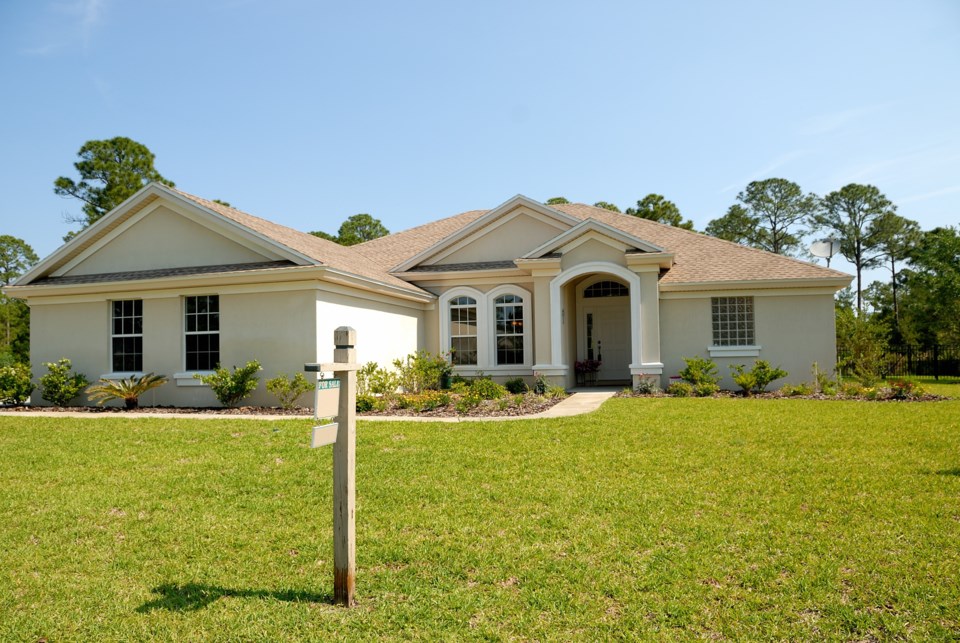Since the Canada Revenue Agency (CRA) starting cracking down on real estate tax non-compliance in 2015, more than $1 billion dollars in tax revenue has been identified, the CRA announced May 30.
Most of this income came from more than 34,000 audited files in Ontario, totalling $600 million over the past four years. Nearly two-thirds of that revenue came from audits of GST or HST rebates on the purchase of new-build homes.
It said in a statement; “Budget 2019 proposes to further increase compliance actions by providing $50 million over five years and $10 million ongoing to create a Real Estate Task Force that will focus initially on the Greater Toronto and Greater Vancouver areas, following the risk as it evolves over time. This will have a direct impact in deterring tax non-compliance in the real estate market. The additional taxes also support the social programs administered by the federal government that benefit all Canadians.”
The CRA said the Real Estate Task Force will focus on ensuring that:
- taxpayers report all sales of their principal residence on their tax returns;
- any capital gain derived from a real estate sale, where the principal residence tax exemption does not apply, is identified as taxable;
- money made on real estate flipping is reported as income;
- real estate commissions earned are reported as taxable income; and
- builders of new residential properties remit the appropriate amount of GST/HST to the CRA.
Diane Lebouthillier, federal minister of national revenue, said in the statement, "The Government of Canada is committed to ensuring that Canadians benefit from a strong, stable housing sector. With Budget 2019’s proposed multi-year funding for the CRA’s work on the real estate sector, we will create a new Real Estate Tax Force and increase our efforts to combat non-compliance to better ensure tax rules in the real estate sector are followed by all Canadians.”



